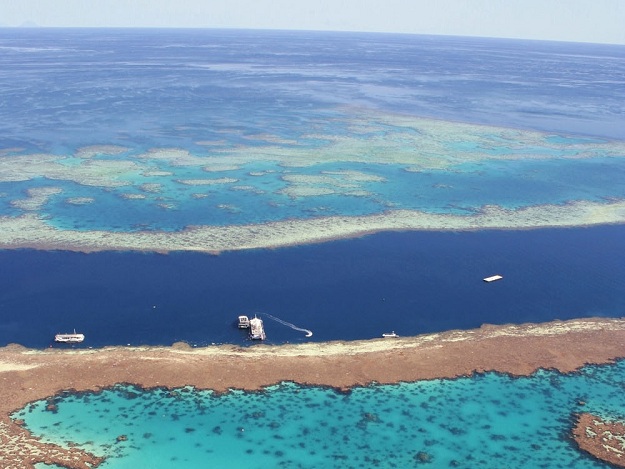The head of the World Travel & Tourism Council (WTTC) tells Global that investing and cooperating in regional visa integration can offer enormous economic returns, and that reducing the tax burden on air travel will boost tourist.

Global: Do you think governments around the world are heeding your message that the travel and tourism industry should be given top priority in the creation of a competitive business environment that can help bring about more substantial global economic growth?
David Scowsill: Some governments ‘get it’. Mexico remains amongst the most committed to the economic and social benefits of travel and tourism. Indeed, under President Felipe Calderón’s guidance, the meeting of the G20 world leaders in Los Cabos, Mexico, this year recognised the importance of our industry – the first time it had been mentioned in the G20 world leaders’ communiqué.
Other countries are less enlightened. Without naming names, there are some countries which have huge tourism economies yet implement policies to the detriment of the industry. It is the role of WTTC to make these countries understand the huge economic benefits of travel and tourism.
One of WTTC’s strategic priorities is to encourage greater freedom of travel. What policies do you think governments should primarily be focusing on in this area, in view of the concerns many of them clearly have about security and the increasing political demands for strict immigration controls?
While we recognise that countries have genuine concerns about safety and border sovereignty, there are many ways in which governments can support more efficient travel without compromising national security. Smarter visa policies can offer substantial economic returns in terms of visits, tourism receipts and jobs.
Strategies for visa facilitation include investments in more streamlined processes, improved delivery of information, development of technological solutions (such as e-visa programmes), and cooperation and collaboration with neighbouring regions. The Schengen visa area is a great example of this and we encourage the steps that are being taken towards regional visa integration in other parts of the world, such as the recently announced single visa for Cambodia, Laos, Myanmar and Vietnam in South East Asia.
One of WTTC’s recent initiatives has been in India, where it’s been providing a forum for the industry to work more closely with the public sector. What do you think are the most urgent priorities for action in that country’s travel and tourism sector?
The travel and tourism sector in India is growing and we’ve seen recent developments such as the mutual easing of visa restrictions with Pakistan and the expansion of visas on arrival to include Malaysian and Thai visitors. We welcome these steps, which reflect positive government support for the country’s tourism industry. Further measures to further facilitate inbound travel into India would be additionally welcomed.
It should also be ensured that taxation of the sector does not hinder the development of travel and tourism. While the government has made moves towards reducing the tax burden on the industry, the increase in service tax on air travel in the 2011/12 budget shows that more needs to be done in this area.
The sector in India is also facing a severe human resources shortage, which limits its ability to provide the necessary levels of service to travellers. The public and private sectors need to work together to showcase the skills required and the benefits that can be gained from a career in travel and tourism. A growing industry should also have the appropriate and sustainable physical infrastructure to support its growth. The government must ensure that in tourism destinations there is sufficient rail, airport and other facilities to enable the industry to grow.
Do you have confidence that China’s travel and tourism industry, as it continues to expand, will observe and cooperate with international norms of the industry being observed elsewhere?
We see that the Chinese government, at both the national and regional level, recognises the importance of the industry and is keen to elevate its prominence at the international level, although we have identified that this support and awareness also needs to be acknowledged at municipal levels.
The tourism industry in many countries stands accused of poor environmental management, inequitable distribution of water and other unsustainable practices. What kind of work does WTTC undertake in the field of environmental regulation and ensuring sustainability?
Together with the International Tourism Partnership and led by a working group of leading hotel groups, we have created the Hotel Carbon Measurement Initiative. The aim of the Initiative is to put forward a standardised hotel industry approach and language to calculating and reporting carbon emissions of a meeting or hotel stay.
At the same time, we believe that sustainability involves more than just the environment, and developing Tourism for Tomorrow also needs to take into account other concerns. At the moment, WTTC is undertaking a Human Capital Initiative. This is aimed at attracting young people to work in the industry to ensure that travel and tourism has the necessary talent to make positive contributions to the economy and society in the future.





